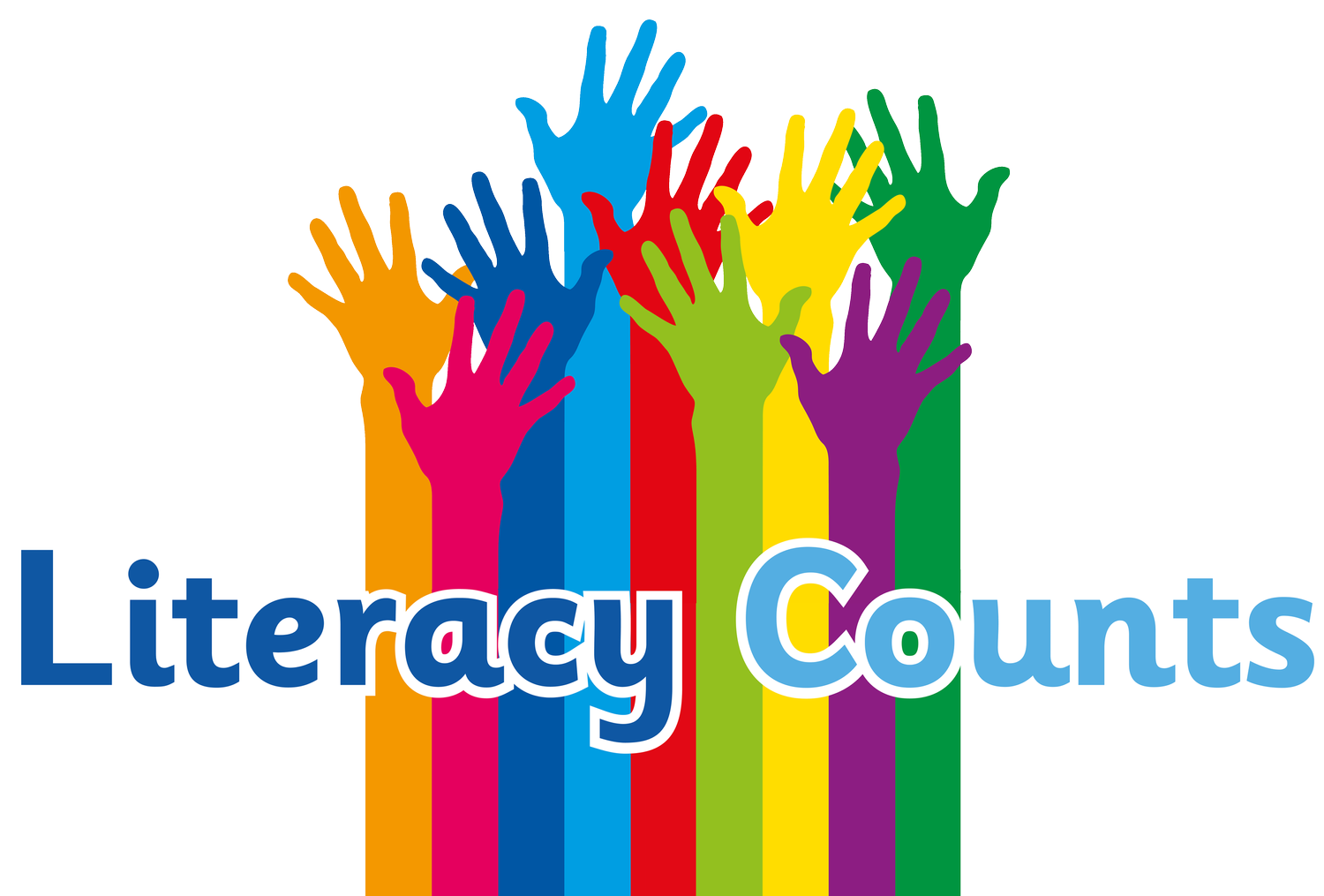AI & Writing: Insights from Claire's Groundbreaking CPD
With artificial intelligence growing in skill and popularity, the education sector is exploring how best to embrace it. At Literacy Counts, we have always championed innovative, time-saving strategies that empower teachers and raise outcomes. Our recent half-day online CPD session, AI & Writing: Enhancing Learning, Reducing Workload, delivered by our Head of Consultancy, Claire Belisari, did exactly that.
"I just finished the webinar. It was one of the best and most informative webinars I have attended."
– J. Khoury, Anglican International School Jerusalem
Claire is a leading literacy expert with over 30 years of experience transforming education. Passionate about improving literacy outcomes for all children, Claire brings a wealth of practical knowledge and research-informed insight to every session she leads.
Why AI? Why Now?
Claire opened the session by exploring the national context. With the government prioritising AI innovation, educators must engage critically with how AI can support teaching and learning. Drawing on insights from the National Literacy Trust (a study which surveyed over 40,000 children, taken place in 2024), she highlighted that three in four children aged 8–13 have already used generative AI, often to support their writing and creativity. Yet, schools still lack clear guidance on its appropriate use.
Claire’s course focused on two goals: reducing teacher workload and enhancing learning for all pupils. Claire positioned AI not as a replacement for good teaching, but as a supportive tool—one that can free up time for more impactful, child-centred decisions. It is a perfect addition for practitioners using Ready Steady Write or other writing schemes, helping them to further adapt learning to meet the needs of all learners.
Understanding AI Through a Pedagogical Lens
The best way to experience Claire’s session is live and interactive—but for now, here are just some of the ideas and practical strategies that struck a chord with our delegates.
👉 You can book your place for the July session here: AI & Writing: Enhancing Learning, Reducing Workload
Key Insights and Practical Tips
Perfect Prompts: Claire broke down the anatomy of a perfect AI prompt, covering goal setting, return format, warnings (such as UK spellings), and contextual information. This framework ensures ethical, efficient AI use with better-quality results the first time around.
Adapting for All Learners: From sentence stems for EAL learners to differentiated SPAG activities, Claire demonstrated how AI can support adaptive teaching. Teachers learned how to tailor tasks without spending hours creating bespoke resources.
Multimodal Tools: Claire shared ingenious ways to generate images, create read-alouds of example texts, and even turn narratives into catchy songs using free AI platforms—tools that make texts more accessible and memorable for children.
Shared Writing Support: AI can even act as a virtual partner for shared writing, offering vocabulary suggestions and sentence ideas. Claire compared this with traditional shared writing, helping teachers reflect on what is most effective for their setting.
These AI insights are not a replacement for high-quality teaching or curriculum resources. Instead, they are ideal for helping teachers deliver meaningful adaptations, ensuring that all learners can access and enjoy writing.
Practical Modelling in Action
Throughout the session, Claire modelled real-time examples of how to use AI tools during lesson preparation. From generating vocabulary for a modelled write to creating differentiated comprehension questions, delegates saw first-hand how AI can deliver meaningful time savings without compromising curriculum quality.
Responsible Use and Safeguarding
An important part of the session addressed the need for responsible and ethical AI use in schools. Claire shared advice on safeguarding pupil data, maintaining privacy, and recognising bias in AI-generated content. She reminded delegates that critical thinking and professional judgement remain essential when using digital tools.
Claire also encouraged teachers to reflect on the wider ethical implications of AI. Delegates explored how well-constructed prompts not only lead to better outcomes but can also support digital sustainability by reducing the need for repeated edits, which in turn conserves time, energy and computing power.
The session also raised important questions about the potential devaluation of human labour when relying too heavily on AI and the need to be mindful of how certain groups are represented in AI outputs. Delegates were reminded that AI tools are only as unbiased as the data they are trained on, which means vigilance is key to avoiding misinformation, misrepresentation, and unethical outputs in classroom resources.
What Delegates Said
The feedback from our first session was overwhelmingly positive:
"Fantastic course - a real game-changer for me - I had an hour's PPA afterwards and I achieved so much more than usual! Thank you."
– W. Thornton, Jubilee Wood Primary School
"Thank you. The training was excellent today – practical with ideas to share with staff and try out straight away. No subscriptions to buy into or timely resources to create!"
– J. Gordon, Head of Teaching and Learning, St Michael's Catholic Primary
Book Now – July 2025 Session
Due to the success of the session, we are pleased to be offering it again this July. The July session will explore the same practical, time-saving applications of AI. Perfect for schools who use Ready Steady Write or any other writing scheme. If you are looking for a CPD session that combines innovation with practicality, led by an experienced literacy leader, this is the one for you.
👉 Book your place now: AI & Writing: Enhancing Learning, Reducing Workload
Final Thoughts
At Literacy Counts, we are proud to lead the sector in the practical application of AI in primary writing. This CPD session embodies our mission: To Improve Outcomes in Reading and Writing—without compromising on quality or creativity.
Would you like to find out more about our CPD offer or Ready Steady Write? Explore here to register for upcoming webinars and CPD sessions with our expert consultants.



